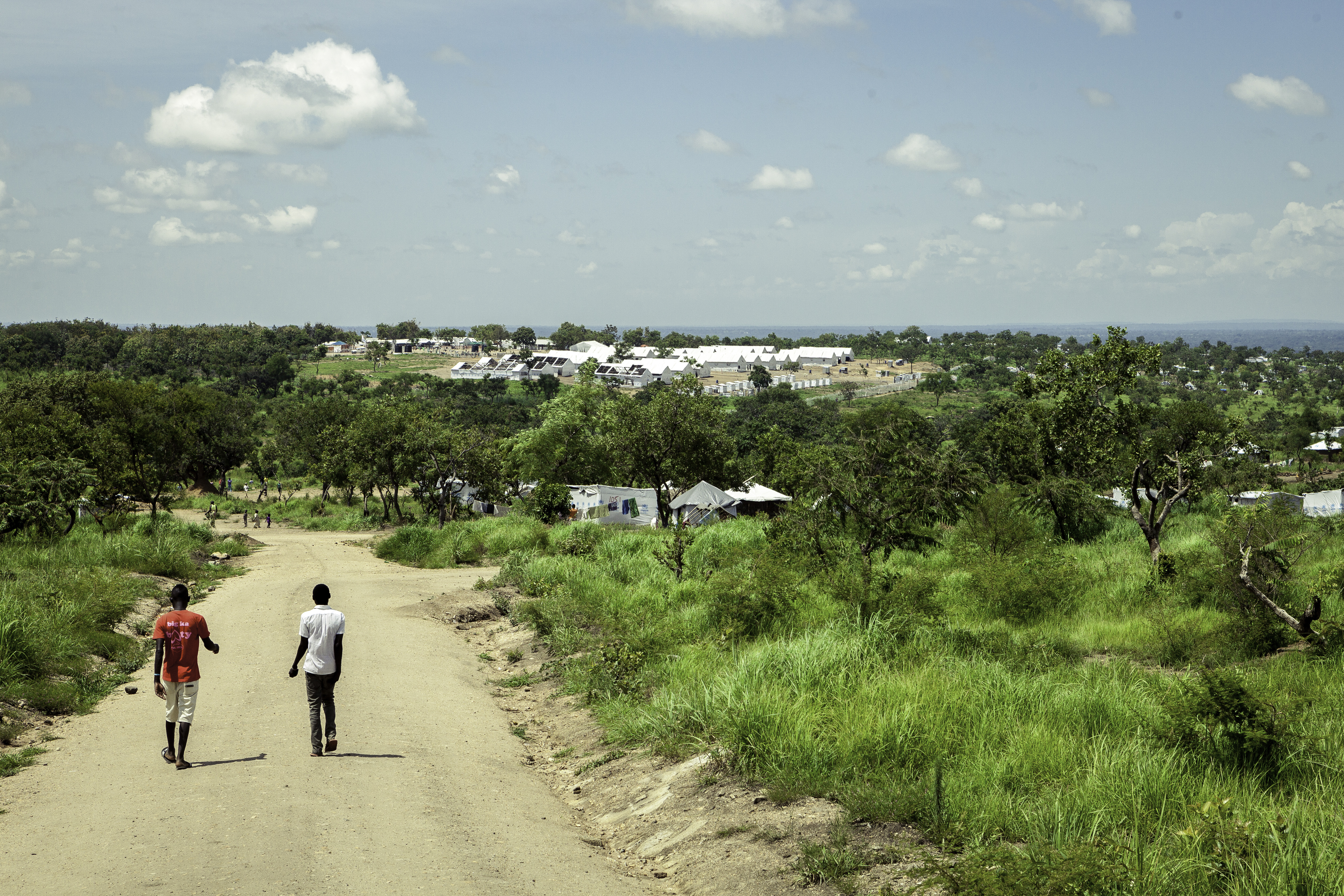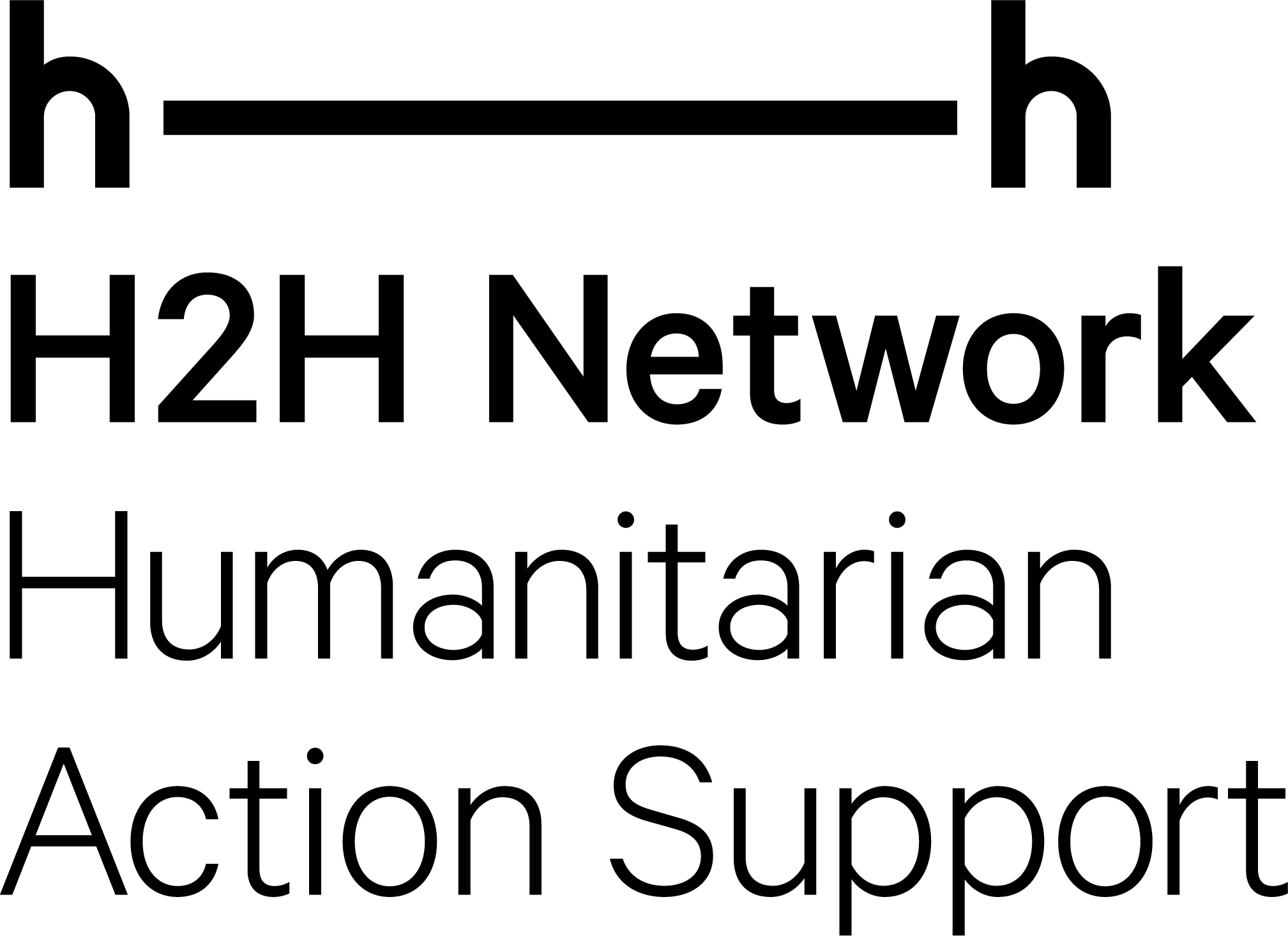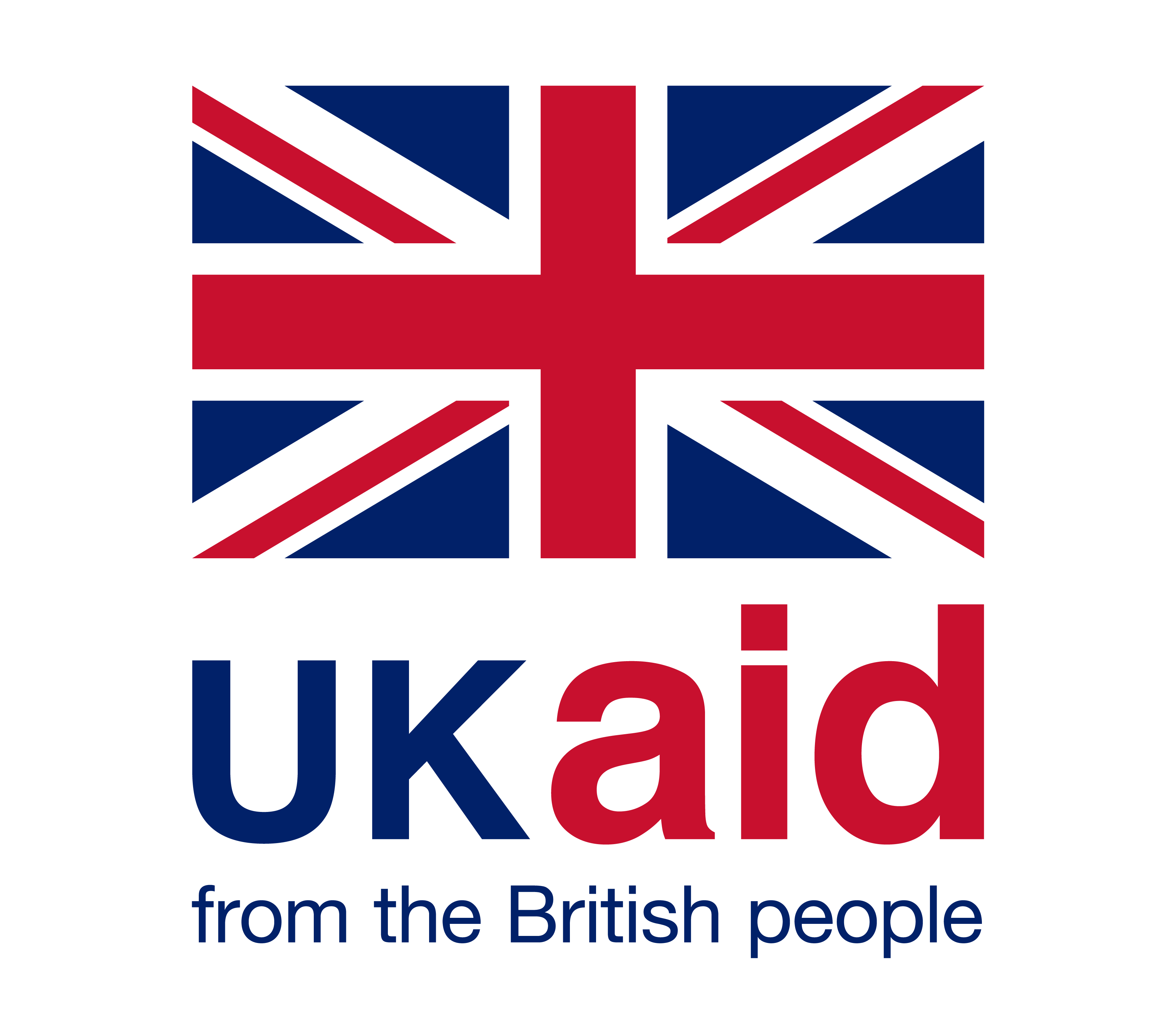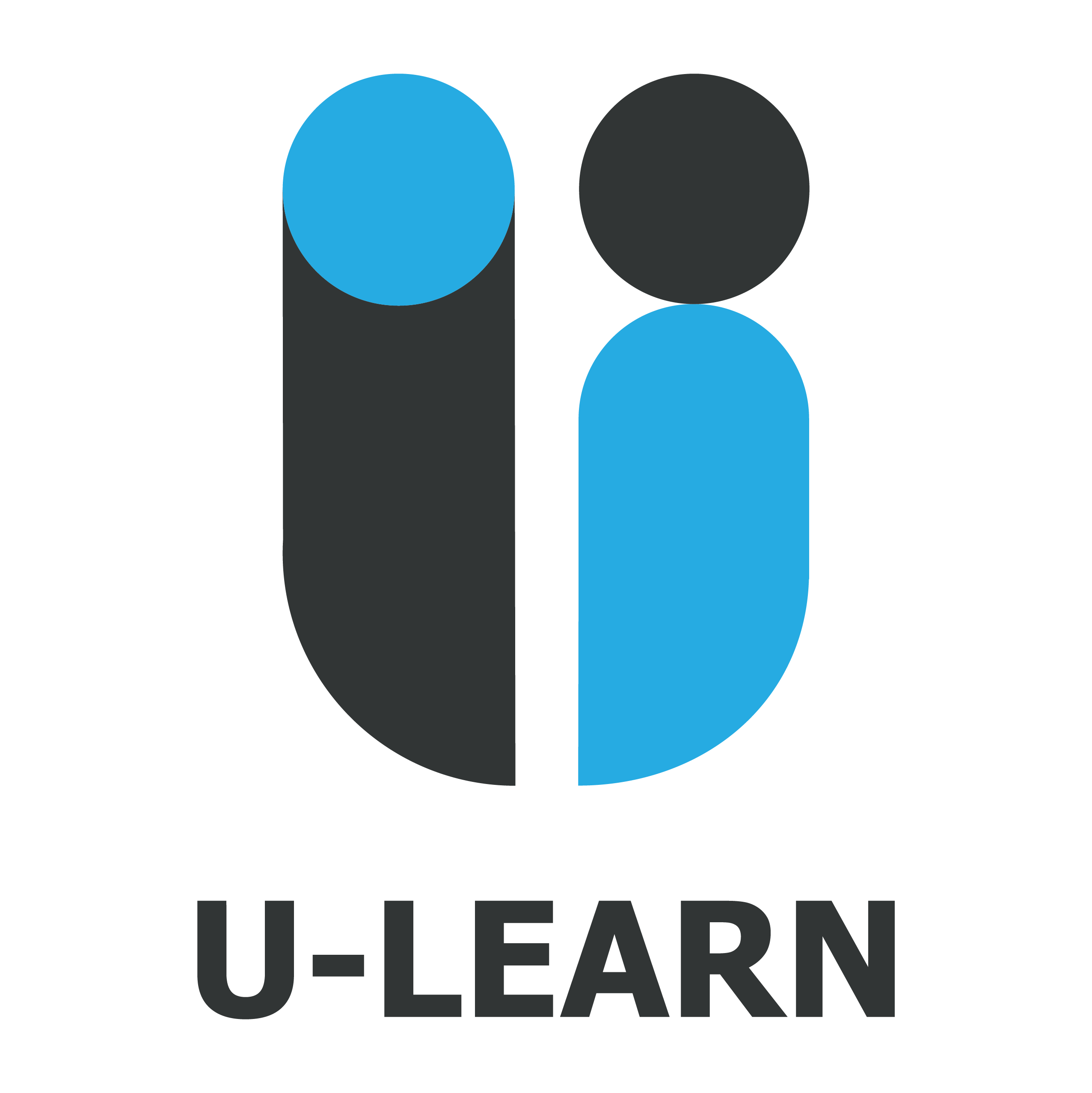Project • Ongoing
Community perceptions in Uganda

When Covid-19 reached Uganda, government and United Nations officials were concerned about the lack of intensive care units and ventilation equipment with more than 1.4 million refugees residing in crowded settlements. There were worries that a further influx of displaced people would not only exacerbate conditions for a possible outbreak but make containment measures such as social distancing more difficult to enforce.
To find out what sort of information about the virus was getting through to refugees in the settlements as well as behaviours, trust, and the socio- economic impact of the virus, we have conducted two rounds of key informant interviews with South Sudanese and Congolese community and religious leaders in refugee settlements across 10 regions. We also completed a staff survey, to hear from those working for international NGOs, UN agencies, the Ugandan Red Cross, national NGOs, and the Ugandan government in Uganda.
Findings were shared with humanitarian actors on the ground to inform the response and plan and adjust programming accordingly.
Key findings
Generally, refugee leaders say that people have the information they need on Covid-19, can distinguish between rumours and facts and are receiving information from their most trusted sources.
Unsurprisingly, people struggle to meet their most important needs, with 97% of refugee leaders saying their communities’ ability to do so has worsened since the beginning of the pandemic.
Social relationships are said to have worsened during Covid-19, with children identified as the most negatively impacted group.
Host community relations also appear to be increasingly strained, with generally less interaction at marketplaces, a rise in land disputes, refugees no longer employed by Ugandans and facing stigma around spreading the virus.
Humanitarian staff report that their organisations’ programmes are being affected by Covid-19 measures, pointing to the pausing of travel, cessation of ‘non-essential’ activities, and pivot to remote programme management. Many are unsure whether they continue under these circumstances.
GTS is sharing this snapshot of refugees’ views with humanitarian actors, to inform response planning and adjust programming accordingly. Our third round of surveys will focus on seeking recommendations and suggestions on the positive and negative findings from the previous two rounds in order to be able to share concrete recommendations and good practice with the governmental and humanitarian agencies in Uganda.
For more information, download our reports below.
Downloads
The Refugee Engagement Forum
Good Practice Study (June 2021)
Refugee perceptions on the humanitarian response
Bulletin (November 2020)
Community perceptions on COVID-19
Round 3 and 4 (February 2021)
Round 2 (September 2020)
Round 1 (May 2020)
COVID-19 Rumour Tracking
Bulletin 1 (September 2020)
Bulletin 2 (October 2020)
Bulletin 3 (November 2020)
Bulletin 4 (February 2021)
Bulletin 5 (April 2021)
Bulletin 6 (September 2021)
Partners


